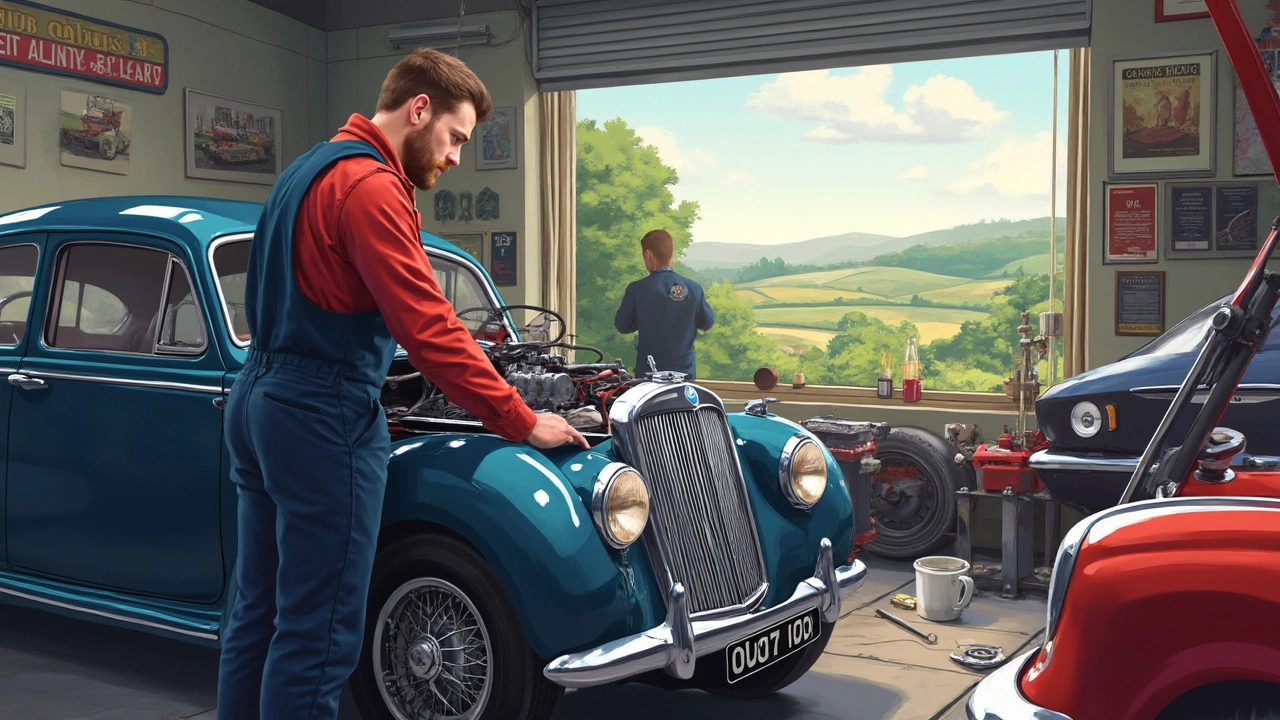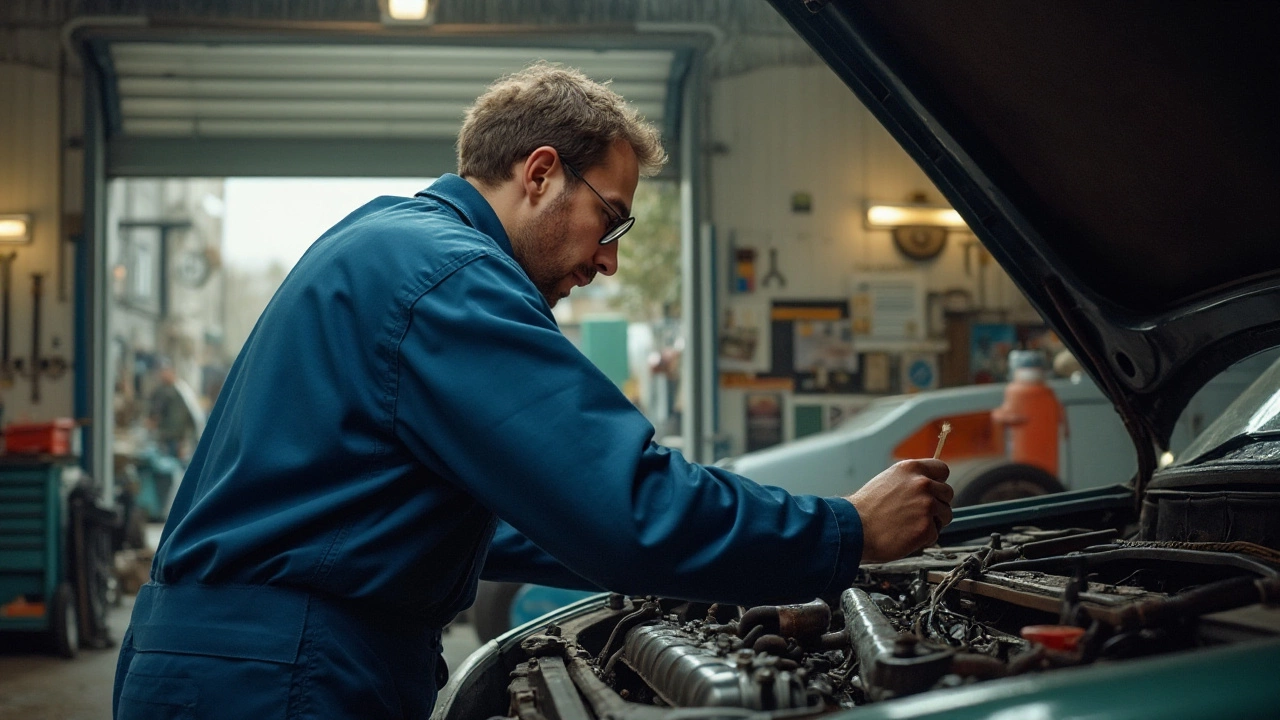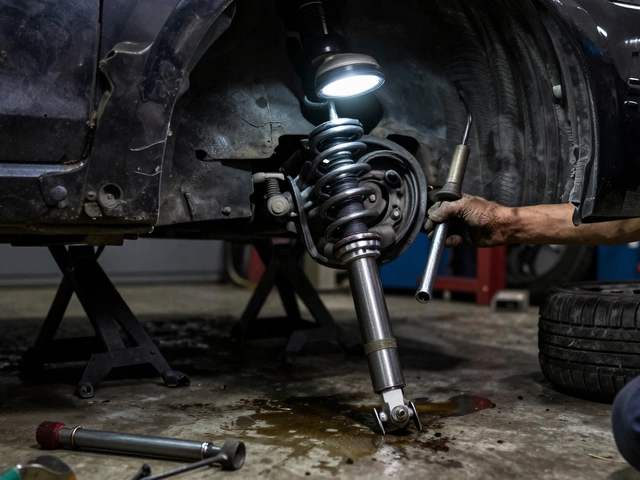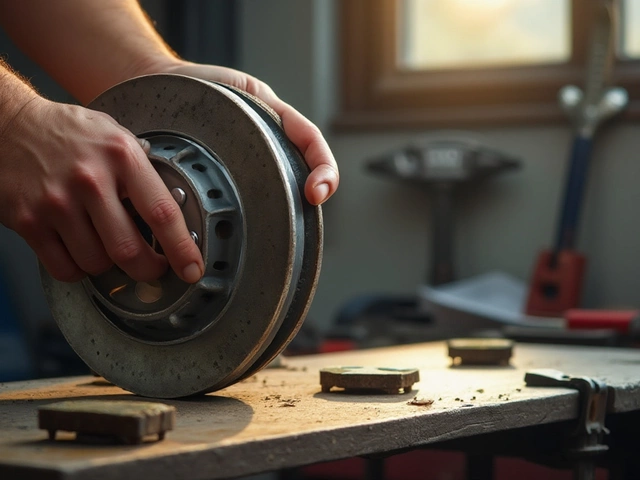Car Care – Simple Tips to Keep Your Car Happy
If you want your car to feel brand‑new for years, treat it like a regular part of your life. A few easy habits every week can stop expensive repairs later. Below you’ll find the basics you can do yourself and when to drop by Northwich Tyres Centre for professional help.
Essential Routine Checks
Start with the three things you can see and feel: oil, tyres, and brakes. Check the oil dip‑stick while the engine is cold – the level should sit between the two marks. If it’s low, top it up with the right grade and look for any dark, gritty residue; that can signal a change is due.
Tyre pressure is another quick win. Pull the sticker inside the driver’s door and compare it to the reading on a hand‑pump or digital gauge. Under‑inflated tyres wear out faster, reduce fuel economy, and make the car handle poorly. Rotate your tyres every 6‑8 000 miles to even out tread wear – it’s a simple service many garages, including ours, can do in ten minutes.
When you press the brake pedal, it should feel firm, not spongy. Listen for squealing or grinding; those sounds usually mean the pads are wearing down. Our recent post “Is It Safe to Change Only Rear Brake Pads?” explains why you usually replace both front and rear together for balanced stopping power.
Common Issues and Quick Fixes
Engine air filters often get overlooked. A clogged filter chokes airflow, hurting fuel efficiency and power. If you’re debating between a cheap or a premium filter, our guide “Premium Air Filter Benefits” breaks down the real impact on performance.
Spark plugs are tiny but mighty. Bad plugs cause rough idle, misfires, and reduced mileage. Look for a strong, steady spark and replace them according to the manufacturer’s schedule – typically every 30‑50 000 miles. Want a checklist? Check out “How to Know When Spark Plugs Need Replacement.”
Suspension problems can feel like a loose ride or a constant shudder. Bad shocks or a bent suspension frame aren’t just uncomfortable; they affect steering and tire wear. Our article “How to Spot Bad Suspension Shocks” gives you the warning signs and tells you when it’s time to see a pro.
Windshield wipers are cheap insurance against blurry vision. If you notice streaks or squeaks, replace them in pairs. “Should You Replace Both Windshield Wipers?” walks you through measuring blade length and picking the right set.
Fuel pump failures are rare but can leave you stranded. A humming sound from the rear of the car or hard starts often point to a failing pump. Follow the step‑by‑step instructions in “How to Test a Fuel Pump” to diagnose the issue before it becomes a roadside emergency.
All these tips form a simple checklist you can run every month. Write it down, set a reminder on your phone, and you’ll catch small problems before they turn into big bills.
Need more detail? Browse our tag archive for articles like:
- Are Expensive Air Filters Worth It?
- Can You Drive With a Bent Suspension?
- Is It Legal to Remove Your Rear Windscreen Wiper in the UK?
- Clutch Replacement Cost: What to Expect
- Do Alloy Rims Rust?
Each post dives deep into a specific part of car care, giving you clear, practical advice you can act on today. Keep this page bookmarked and visit often – your car will thank you with smoother rides and lower repair costs.
 21 June 2025
21 June 2025
Windshield Wipers: How to Make Them Last Longer
Wondering how to make your windshield wipers last longer? This article breaks down the simple steps and habits that really work. You'll get clear maintenance tips, discover common mistakes that shorten wiper life, and learn how to spot problems early. Get ready to save money and keep your view clear, rain or shine.
 24 May 2025
24 May 2025
Car Radiators: What They Are and Why You Can’t Ignore Them
Car radiators keep engines cool and running right, but they’re easy to overlook until things go wrong. This article breaks down what a car radiator really is, how it works, and why it’s crucial. You’ll get clear tips on spotting radiator trouble before your engine overheats and what you can actually do about it. Learn how to grab a few extra years out of your radiator with simple care and see how these parts have changed over time. Whether you’re a gearhead or someone who really doesn’t want to be stranded, this guide is for you.
 5 April 2025
5 April 2025
Is It Bad to Put Your Windshield Wipers Up?
Many people wonder if lifting their windshield wipers in bad weather is a smart move. This practice could prevent wipers from freezing to the glass, but there's more to consider. From protecting against weather woes to potential risks to the wipers themselves, let's explore the ins and outs. Discover practical tips to keep your car in top shape and understand if this habit is right for you.
 8 February 2025
8 February 2025
Should You Flip Up Your Windshield Wipers?
Flipping up your windshield wipers during winter could prevent them from sticking to the glass, but it's not always the best solution. While it can save time in the mornings, there's a risk of damage. Proper car care techniques and understanding your vehicle's needs play a crucial role during chilly months.
 18 January 2025
18 January 2025
Discovering the Right Car Battery: A Guide to Powering Your Ride
Choosing the correct battery for your car involves understanding various factors such as the vehicle's make, model, and specific power needs. A car battery is essential to keep your vehicle running smoothly and efficiently. This guide will help you decipher the different types of car batteries available and how to choose the right one. It will also cover some vital tips to extend your battery's life and how to maintain it properly.
 8 January 2025
8 January 2025
Signs Your Car Needs an Oil Refill: Recognizing Low Oil Symptoms
Recognizing when a car is low on oil is essential for maintaining engine health and avoiding costly repairs. This article explores the behaviors and symptoms a car exhibits when oil levels are insufficient, including unusual engine noises, warning lights, and performance issues. Armed with this knowledge, car owners can take proactive steps to ensure their vehicle runs smoothly. Practical tips for checking oil levels and preventing damage are also discussed. Understanding these signs can significantly extend the lifespan of a car's engine.
Latest Posts
-

Car Radiator Price UK (2025): Parts, Labour, and Real Fitted Costs
-

How to Fix a Bad Suspension: Step-by-Step Guide for Safe, Smooth Driving
-

Signs Your Fuel Pump is Failing: What to Watch For
-

How Long Do Car Batteries Last? An Essential Guide for Drivers
-

Is It Safe to Replace Just Brake Pads and Not Discs?
Tags
- car maintenance
- engine oil
- spark plugs
- brake pads
- engine performance
- vehicle maintenance
- spark plug replacement
- windshield wipers
- fuel pump
- suspension parts
- clutch replacement
- clutch kit
- car performance
- oil change
- air filters
- car suspension
- car radiator
- exhaust systems
- engine misfire
- fuel pump failure

0